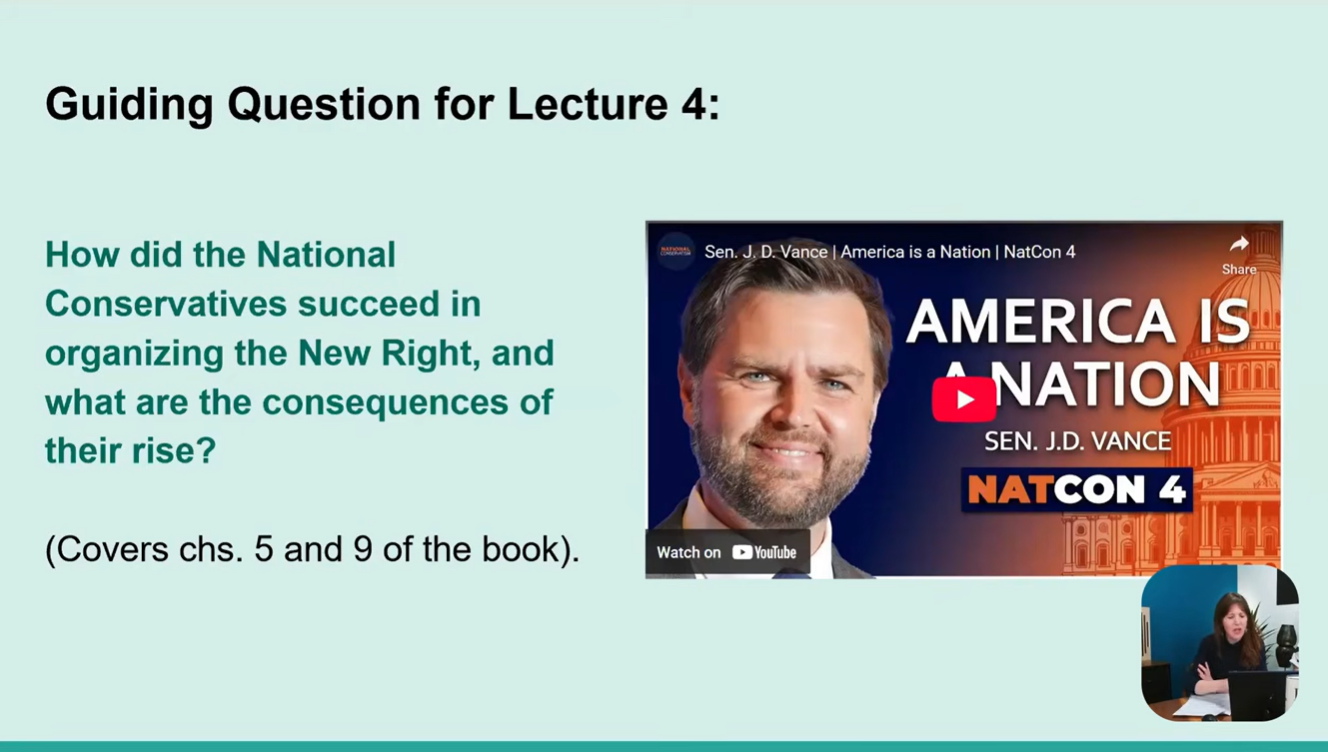The Week that Was: All of Lawfare in One Post
The news this week was dominated by the fact that U.S. Special Forces in Libya captured the man who allegedly orchestrated the September 11, 2012 attack on the American diplomatic compound in Benghazi: Ahmed Abu Khattala. The Obama administration announced that the Libyan would be tried in civilian court. Jack agreed with the decision, arguing that the AUMF and the Military Commission Act of 2009 do not apply to Abu Khattala.
The news this week was dominated by the fact that U.S. Special Forces in Libya captured the man who allegedly orchestrated the September 11, 2012 attack on the American diplomatic compound in Benghazi: Ahmed Abu Khattala. The Obama administration announced that the Libyan would be tried in civilian court. Jack agreed with the decision, arguing that the AUMF and the Military Commission Act of 2009 do not apply to Abu Khattala. Ben concurred, and criticized Republican insistence on brining the suspect to Guantanamo. The detention factility, he argued, “was a response to a specific set of circumstances.”
John Bellinger then weighed in, criticizing civil liberties groups for insisting that all detainees can face civilian court trial. Steve Vladeck objected to some aspects of John’s piece, though, stating, “I was a bit surprised to find . . . an effort to re-litigate the objections of . . . ‘civil liberties groups’ to detentions at Guantanamo.”
Wells later joined the conversation and wondered how presentment and Miranda rights would apply to Abu Khattala’s extended detention during transport on the U.S.S. New York. According to a New York Times article, the Obama administration maintains that sea transport is actually a reasonably-paced transportation mechanism. Wells noted that, whether that's right or wrong, the effects on the upcoming criminal prosecution of Abu Khattala will likely not be huge.
The situation in Iraq has continued to deteriorate. On Monday, Wells brought us a letter President Obama sent to the Speaker of the House, informing him that 275 U.S. Armed Forces would be deploying to Baghdad to help guard the embassy. Some recent reports, which Jack highlighted, indicate that the administration believes the 2001 and 2002 AUMFs together grant authorization for any new use of force being contemplated for Iraq.
Bobby noted that air strikes do not seem likely. Instead, special operations forces may be sent in, which would demonstrate that the U.S. will not be directly engaging in the conflict. President Obama suggested as much in a press conference on Thursday. Wells linked to the broadcast, during which the President announced that 300 “additional American advisors” will travel to Iraq, though the U.S. will not be leading a military campaign there.
Ashley Deeks looked at the Iraqi conflict from the Turkish point of view and considered whether the country has the right to use military force to rescue its nationals.
This week’s Foreign Policy Essay examined Turkey’s role in the armed struggle of its other neighbor, Syria. Henri Barkey, a professor of international relations at Lehigh University, shared the effects the Syrian conflict has had on Turkey’s internal politics and diplomatic relations with Iran, Russia, the U.S., and Saudi Arabia.
Jack shared an article written by Commander Michael Adams, the Deputy Legal Counsel to the Chairman of the Joint Chiefs. The piece makes a case for jus extra bellum---the legal justification for national security operations conducted during peacetime---given that the Obama administration seeks to scale back its involvement in conflicts against the Taliban, al Qaeda, and associated terrorist groups.
Meanwhile, Zachary Goldman, Executive Director of the Center on Law and Security at New York University’s School of Law, examined the fate of targeted EU sanctions intended to deter Russia’s involvement in the conflict in Ukraine.
In U.S. v. Daoud, the Seventh Circuit Court of Appeals reversed an order handed down by district court Judge Sharon Coleman. Her original ruling would have required the prosecution to share a classified FISA application with the defense counsel. Paul first flagged the Seventh Circuit decision, written by Judge Richard Posner. Steve examined the majority decision, criticized Judge Posner's ruling, and concluded that Judge Ilana Rovner’s concurrence is actually more compelling, calling it “one of the most candid and concise discussions of this issue that I’ve seen.” Ben agreed, but pointed out that Judge Rovner signed her name to all of Judge Posner’s ruling.
Ingrid Wuerth brought us the Supreme Court’s 7-1 ruling in Republic of Argentina v. NML Capital. Writing for the majority, Justice Antonin Scalia found “that the Foreign Sovereign Immunities Act does not limit the scope of discovery available against a foreign sovereign in a post-judgment execution act.” Ingrid noted that this case is part of trend in which the Court has shied away from foreign affairs exceptionalism in favor of deference to the executive branch.
In Guantanamo-related news: Congressman Tom Cotton (R-AR) introduced an amendment to the Defense appropriations bill that would make it illegal to use any part of the budget to release a GTMO detainee to their country of origin or a foreign nation. Steve remarked, “It’s not a remotely close question whether this amendment, if enacted, would be constitutional. . . . It wouldn’t be.”
Wells, meanwhile, continued his coverage of proceedings for two GTMO military commissions cases. He shared Chief Prosecutor Mark Martins’ statement in the 9/11 case United States v. Mohammed et al. and brought us almost-live coverage of the subsequent motions hearing. He also marked the arraignment of Abd Al-Hadi Al-Iraqi and flagged Martins’ remarks on it.
Lots this week in cyber news: The leaders of the Senate Select Committee on Intelligence, Chairwoman Dianne Feinstein and Ranking Member Saxby Chambliss, introduced a bill to enhance sharing of information related to cybersecurity and threats thereof. Paul declared it “on the whole, a good effort.” He later noted Chairman of the House Intelligence Committee Mike Rogers’ largely negative response to the FCC’s new scheme for regulating the cybersecurity of telecommunications firms. Paul then flagged the fact that the free encryption program TrueCrypt had shut down and explained why this “small earthquake” was important.
Paul also shared his recent Heritage Foundation paper, which examined how the U.S. government should transfer its role in the assignment of Internet names and numbers to an independent Internet Corporation for Assigned Names and Numbers (ICANN). His recommendations, among other news stories, were under discussion in this week’s Steptoe Cyberlaw Podcast, during which he was the guest speaker.
Wells provided this week’s Lawfare Podcast, during which Amie Stepanovich of Access, Alex Abdo of the ACLU, and Marc Zwillinger, an information security lawyer, debated whether a special advocate should appear during FISC proceedings. Steve Vladeck moderated the event, which took place at the 2014 Computers, Freedom, and Privacy Conference.
Ken Anderson, our Book Review Editor, noted that the hundredth anniversary of the start of World War I is coming up in two months. That being the case, he intends to review books that cover the Great War and is open to suggestions on both new and old works.
And that was the week that was.
Tara Hofbauer previously was an intern with Lawfare. She is majoring in Philosophy, Politics, and Economics at the University of Pennsylvania, with a minor in Legal Studies and History.




